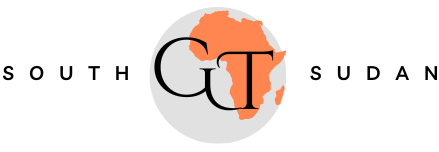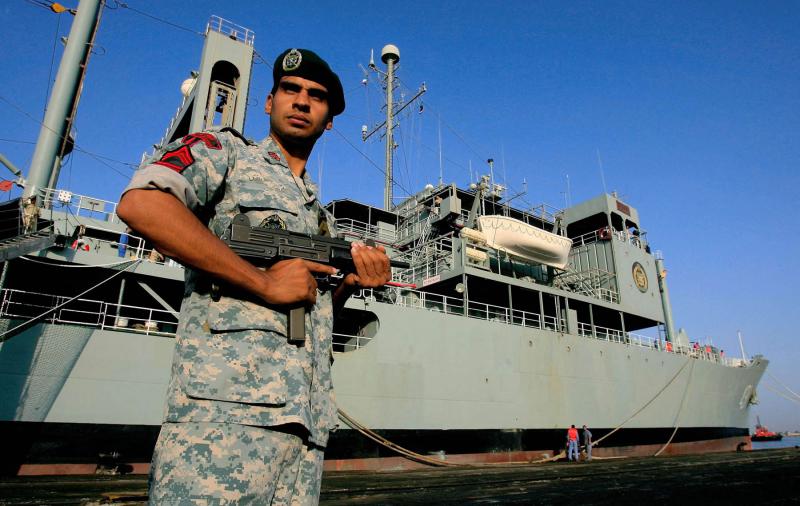Sudan’s Foreign Minister, Ali Al-Sadiq refuted allegations claiming that his country received military logistics from Iran in anticipation of defeating the Rapid Support Forces currently fighting Abdel Fattah al-Burhan’s regime on several front lines.
Commander-in-Chief of Sudan Armed Forces, Abdel Fattah Al-Burhan, in January this year unveiled a plan to crush the Rapid Support Forces, declaring that, the negotiations are unnecessary and the focus should be on military action.
The Wall Street Journal early this month reported that Iran supplied drones for Khartoum’s war with a rebel warlord and pledged a warship in exchange for access but was turned down
Tehran allegedly failed to press Sudan to let it build a permanent naval base on the African country’s Red Sea coast, something that would have allowed Tehran to monitor maritime traffic to and from the Suez Canal and Israel, according to a senior Sudanese intelligence official.
Sudan Tribune quoted Al-Sadiq as saying ‘Sudan receives no military aid from Iran.’
He said Sudan’s maintenance of bilateral relations with Iran should not be taken negatively by the rivals.
Al-Sadiq emphasized that Sudan has just resumed its bilateral relations with Iran, arguing that the accusations are baseless.
He revealed that the two countries did not make any agreement regarding military assistance but rather “currently have agreed solely on the reopening of embassies in both Sudan and Iran.”
Similarly, Lt. Gen. Ibrahim Jaber, a member of Sudan’s sovereign council, underscored the importance of mutual understanding and shared interests in international relations.
He rubbished the claims, alleging that Iran provided military support to the Sudan government.
Jaber noted that most Gulf countries maintain diplomatic ties with Iran, stressing that tough relations are often exceptional.
He added, “Our relationship with Iran won’t hinder our normalization with Israel, which Sudan pioneered.”
“Sudan conducts its foreign policy and international relations based on the best interests of its people. We will pursue normalization when it benefits us and refrain from it otherwise,” he said.
He said several Arab countries, including Qatar, Saudi Arabia, Bahrain, and the UAE, maintain good relations with Iran.
“Even Abu Dhabi served as a key trade route with Tehran during U.S. sanctions. Now, they spread rumors about us offering a naval base to Iran, which is demonstrably false. Both Tehran and we have categorically denied this claim.”
RSF insurgency group was formed by the former Sudanese junta Omar Hassan Ahmed al-Bashir to fight the opponents in the Darfur region. However, when the protests hit up the Sudanese capital, Khartoum over the worsening living standards in January 2018 that ousted Al-Bashir thereafter, the RSF gained strength and demanded a share in the Sudan Sovereign Council (created supposedly to prepare the nation for general elections).
Following the collapse of the Juba peace agreement for Sudan, the SAF and RSF resumed the fighting over control of the country’s power and resources resulting in the killing of thousands of people and displacement of millions of Sudanese from their homes to neighboring countries including Egypt, Chad, and South Sudan.




